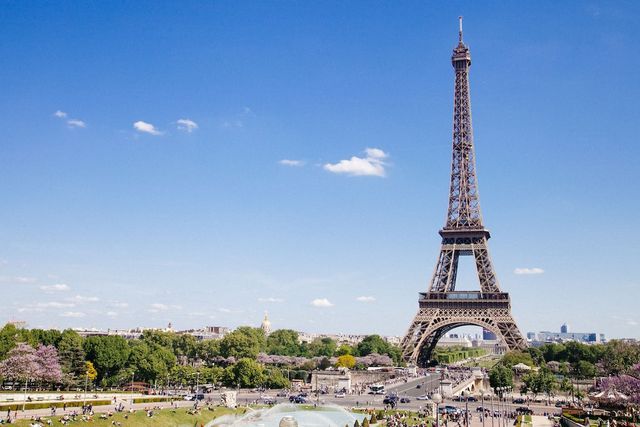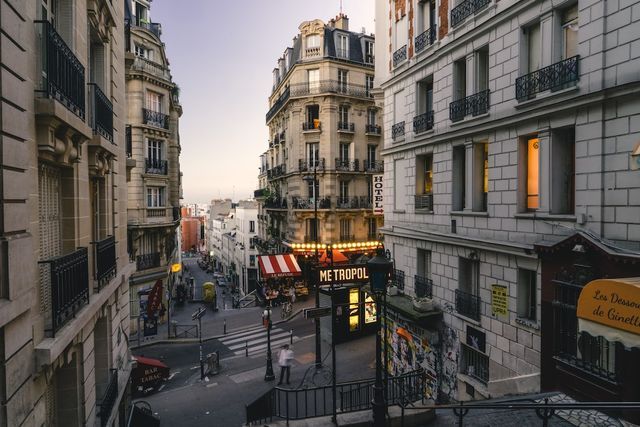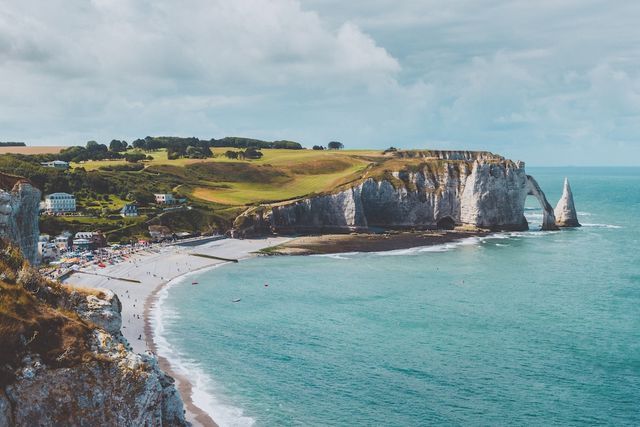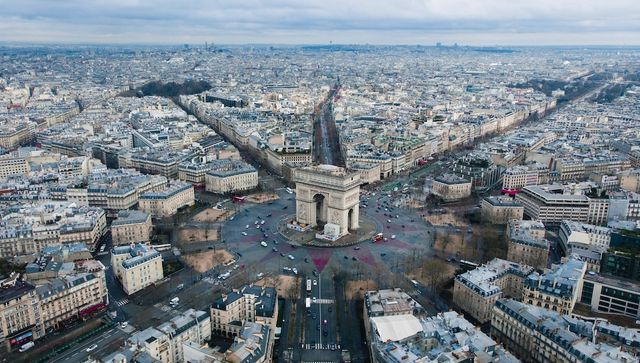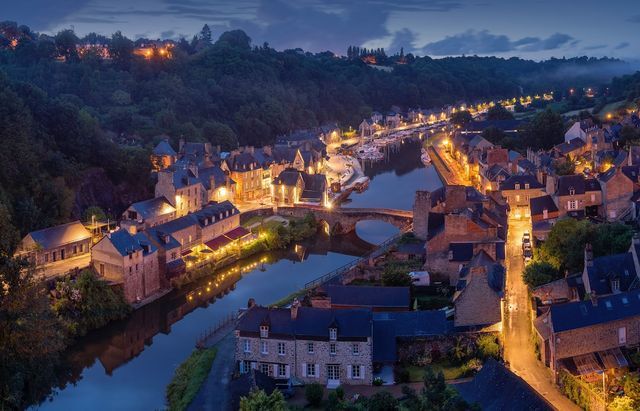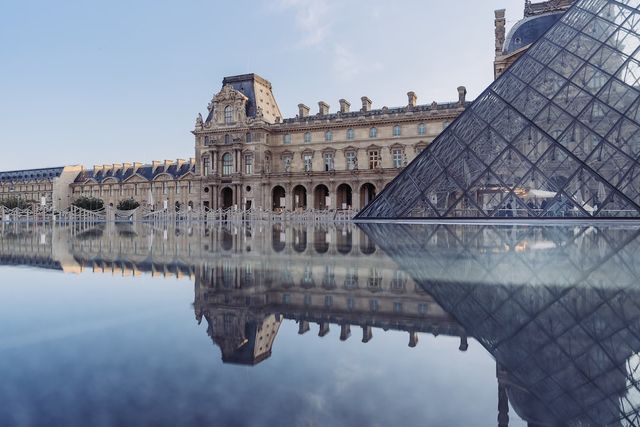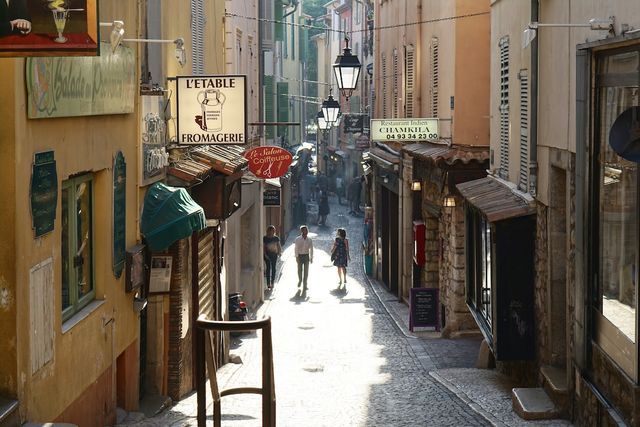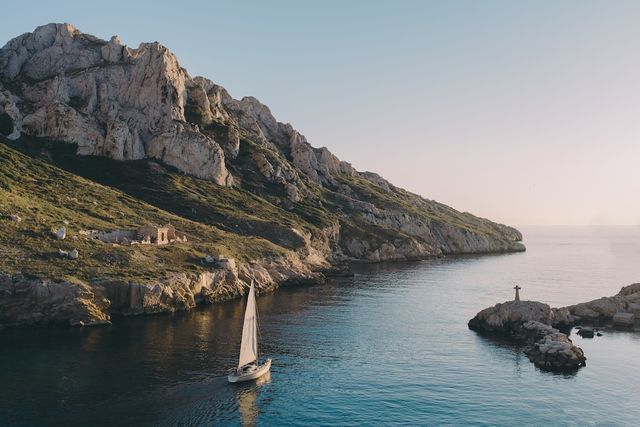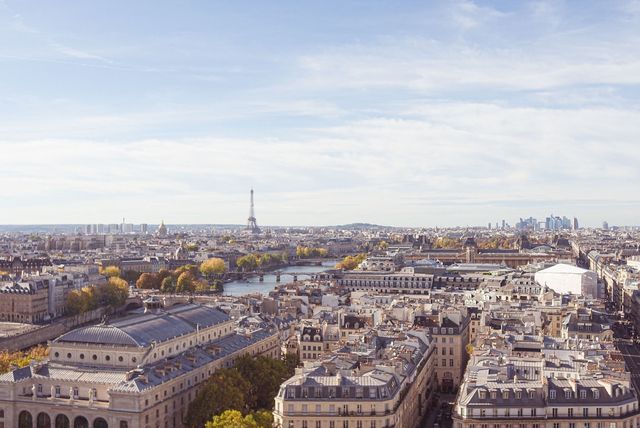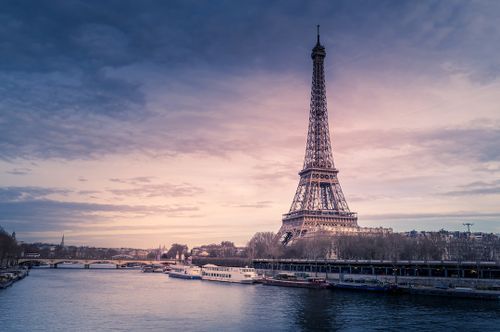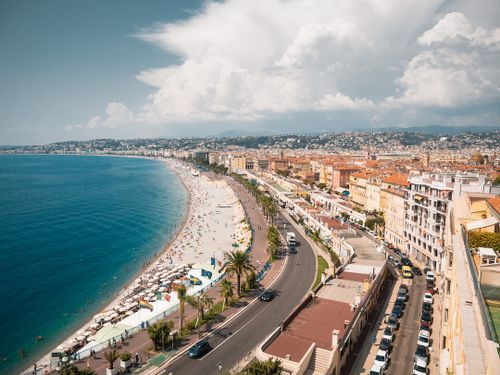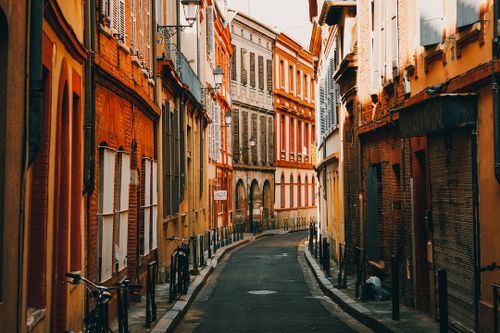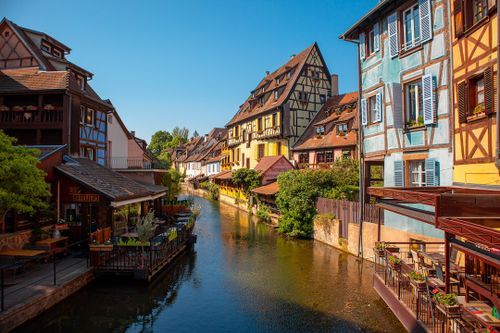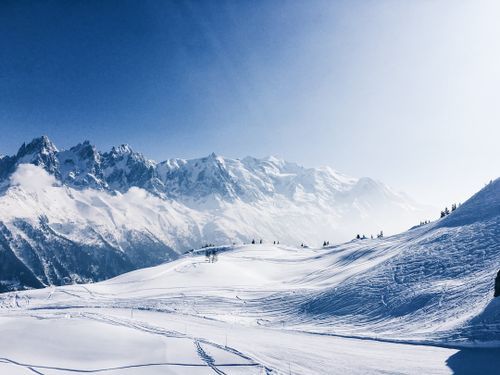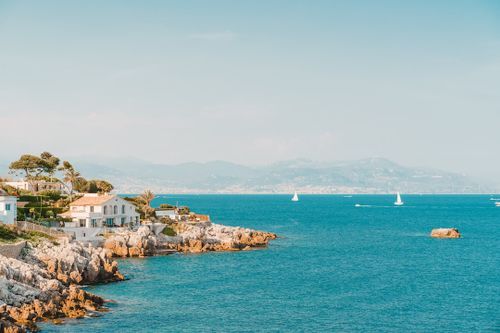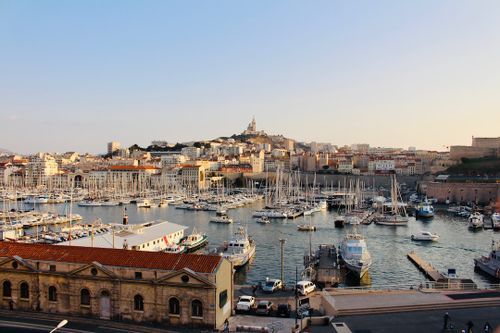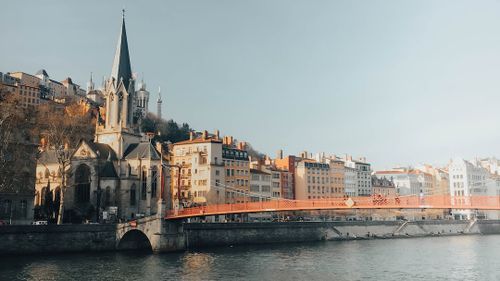Is France safe for solo female travelers?
Safety rating
How safe is France for solo female travelers?
Travel safety index
based on 335 experiences from female travelers

Anna
Poland
Rochechouart, Family travel
A small, quiet town. Perfect for a break from the hustle and bustle of the big city and relaxation. There is a beautiful castle, which is currently a museum. There is a beautiful forest outside the city. There is beautiful architecture. In general, there is something to see. As for life, I can't recommend it if you're young, because there's nothing to do there, no work, no prospects for the future. This city is ideal for a quiet vacation or to meet your old age.
Posted: February 12, 2026Experienced: December, 2024Montpellier, Solo travel
I spend 7 weeks in Montpellier for a language course and it was so much fun! The city is beautiful and in my experience pretty safe (except for cat calling and some pickpockets). There are great daytrips possible to Marseille or Sête, which also are very pretty and popular. Or you can visit the Museums, beach or other attractions in Montpellier itself. As an 18 year old I partied a lot in the Clubs Panama (esp. the Latina floor/2nd floor) and Le Club. It’s definitely not cheap, but when has France ever been that…
Posted: February 5, 2026
Elizabeth
United States
La Rochelle, Solo travel
La Rochelle is great because it blends intellect, creativity, and authenticity in a way few mid-sized cities manage. Nature is never far away, with trails, rivers, and forests minutes from downtown. The city is social and fun without being overwhelming, welcoming, evolving, and confident in exactly what it is.
Posted: December 31, 2025Experienced: May, 2025How safe is France for women?
Local safety index
Based on 1478 local experiences
Local crime index
Based on 1478 local experiences
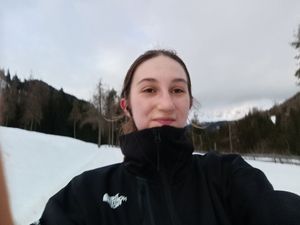
sarah
Lyon
At day in the center near the soane or the Rhône it is pretty safe. Be careful around Guillotière I had friends who go things out of their bag stolen. I would say don't get angry at someone, my mother who works in a hospital tells me there is a lot of knife attacks everywhere around Lyon. And in my normally safe neighbourhood a girl who was jogging at night got raped. So always when you're going home at night don't go alone it's always safer!! But if you're not with someone once its not the end I often went home alone and nothing happened but be careful. I would recommend taking a "velov" by...
Posted: February 13, 2026Tours
Overall the city is very safe. But like every European cities, some places/neighborhoods aren’t great to visit at night alone. For example : Place Plum is fine during the day you can take a coffee alone. But a night I would recommend going with friends. But it’s a really nice place to party !
Posted: February 12, 2026
Jeanne
Ivry-sur-Seine
Apart from the few drunks it's pretty safe. I've never been bothered by anyone, my friends have had people try to flirt with them a bit but never anything to bothersome. Maybe avoid the center to avoid the bars
Posted: February 12, 2026Safety in France
Hospitality Exchange in France

sarah
Lyon
Can host for:
3 days
About me
hey!! I'm Sarah I'm turning 20 in may ! I stop my current studies to study physiotherapy in another country in September and will spend the next few months travelling!! I love music, sports and I love meeting new people!!
Speaking

Elisa
Lille
Can host for:
3 days
About me
Hi ! I’m Elisa, I’m French and I love solo travelling. I study foreign languages, which I love to learn, and my biggest interests in life are music and foreign cultures.
Speaking




